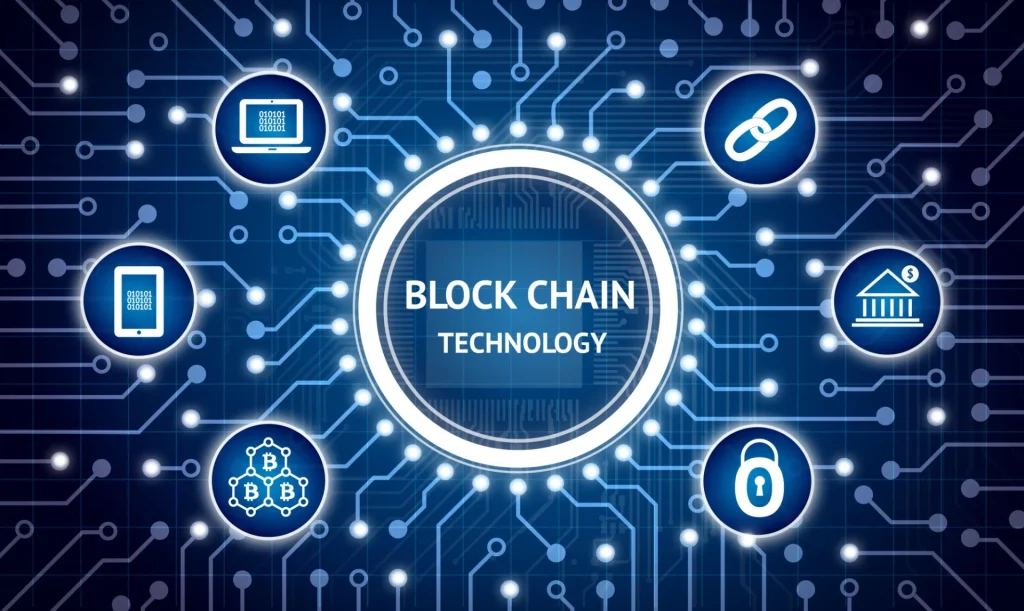Blockchain lets you trade cryptocurrencies without using a bank, making it a single point of truth because it records every transaction. And, since it’s indestructible, it prevents fraud while also accelerating cross-border payment at lower prices. DeFi applications can also be enabled in Blockchain through smart contracts which automate verification processes for transactions.
It is tamper-proof
Blockchain is a digital ledger which saves all transactions securely and cannot be modified. It is based on cryptography, decentralization, and consensus voting and its architecture completely eliminates third party and dramatically reduces the transaction costs and time to process it.
Through cryptographic hashing and proof-of-work mechanism, blockchain is extremely secure platform which will ensure that no data can ever be changed once stored in it. It’s a good ally against fraud like identity theft and phishing attacks.
In addition, blockchain could be used to establish confidence with trading partners and enhance supply chains as a company might track food at the farm to better store it without having to waste and find the source of contamination quickly. Blockchain saves money and time and increases bonding resulting in transparency and more cooperation, while increasing resilience by offering actors faster response in case of crisis.
It is decentralized
Blockchains are distributed electronic documents entangled in an indefinite chain of confirmation that are authenticated by other computers on a peer-to-peer network as the evidence of transactions. Blockchains can be created either by an individual or a group and cryptocurrencies are one such blockchain use case; Bitcoin is one such case.
Blockchains provide many healthcare applications to enhance patient data security and securely share it between doctors, patients and researchers. Blockchain is also able to simplify work, save on paper and avoid cyber-attacks – a valuable tool that doctors could apply into their clinic.
Blockchain technology can provide supply chains with an access point to monitor products from creation to dispatch, creating greater transparency among trading partners and reducing time it takes to catch a problem or potential problem. Food and pharmaceutical firms in particular could use this tool to monitor shipments to eliminate fakes and respond faster when recalls happen, all the while saving on fees because they are no longer involving intermediaries. Also, blockchain offers secure settlement of trades at very short time.
It is permissioned
Permitted blockchain networks let the private parties define who can join them and what can see them, and are perfect for businesses looking to get data exactly where it needs to go without giving it to anyone else. They can also get cheaper as intermediaries can be removed.
But there are downsides to the permissioned blockchains, like transparency and corruption. Limiting it to only some people means more risk that someone could tamper with data on the network or circumvent consensus and compromise it.
From order and payment monitoring, account management, production tracking and much more, to partnering securely with partners and sharing data securely – no expensive middle men required, increasing confidence and opening up new supply chain opportunities – these networks can be used for so many things. What’s more, enterprises can take real-time decisions and execute on them through Hyperledger Fabric — an open source blockchain platform that allows business-specific applications to be quickly built and deployed.
It is secure
Blockchains hold a very private historical record of transactions, which can’t be changed. That’s possible since information on blockchains is protected and linked to past blocks so only users with a special permit can access it. Further, Blockchains have consensus mechanisms to verify transaction and block records in real time so everyone gets the same record on a single blockchain and there are no middlemen involved.
Since Blockchain is distributed, hackers can’t directly access its database since, thanks to the decentralization, there is no centralised authority controlling it all. These online records are further equipped with integrated security against fraud, theft, and unauthorised access via cryptography and consensus.
Security features have already made blockchains the perfect tool for all kinds of companies, especially banks. Banks are less likely to fraud, and transaction can be processed faster using blockchain technology, which can even allow bank guarantees and letters of credit to be tracked across parties. In retail stores, they allow companies to check that resale products or digital assets available for sale are genuine; in online marketing platforms such as e-commerce, they help to prevent fraud.


